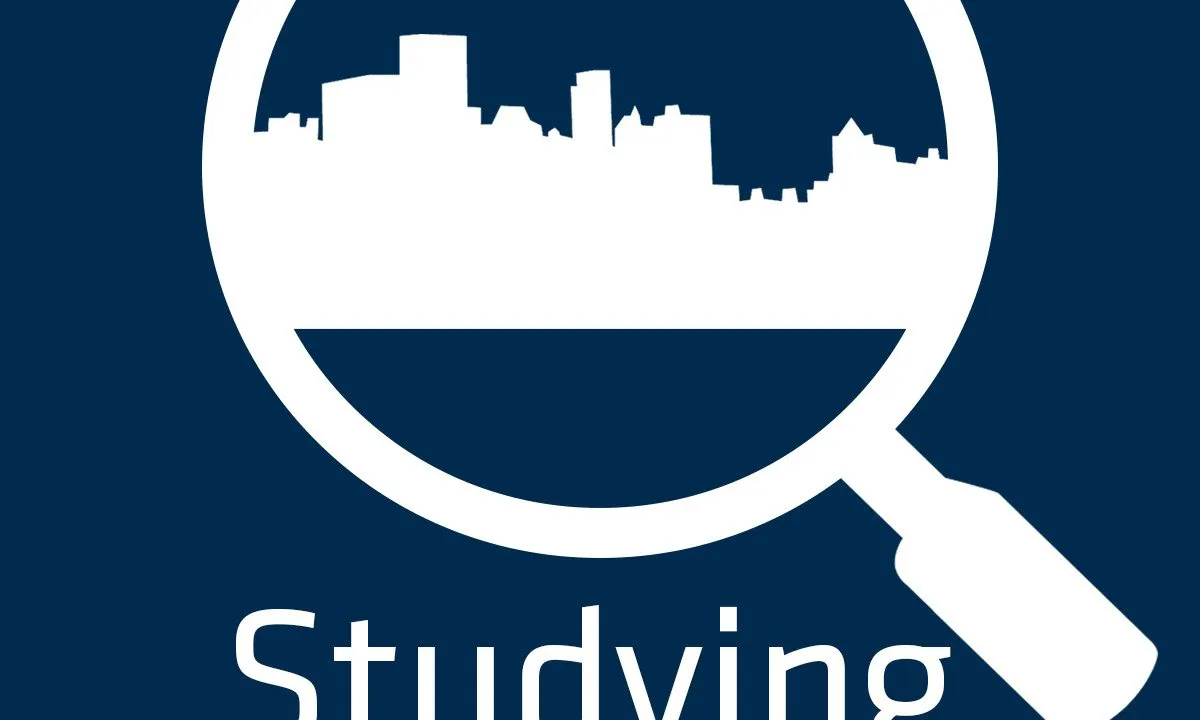
Statistical Predictive Modelling and Applications 
This course provides an introduction to statistical predictive modelling and its applications. You will learn linear and logistic regression, as well as naive Bayes, and how to apply them to real-world scenarios. Through online learning and skill training, you will gain the knowledge and skills to use these techniques to predict outcomes and make decisions. ▼
ADVERTISEMENT
Course Feature
![]() Cost:
Cost:
Free
![]() Provider:
Provider:
Edx
![]() Certificate:
Certificate:
No Information
![]() Language:
Language:
English
![]() Start Date:
Start Date:
18th Jan, 2022
Course Overview
❗The content presented here is sourced directly from Edx platform. For comprehensive course details, including enrollment information, simply click on the 'Go to class' link on our website.
Updated in [May 25th, 2023]
Finally, you will learn how to apply these techniques to real-world problems. You will learn how to use these techniques to predict customer churn, detect fraudulent transactions, and predict customer lifetime value.
This course is ideal for learners who want to gain a comprehensive understanding of predictive modelling and its applications. Learners will gain an understanding of linear and logistic regression, as well as naive Bayes, and how to apply these techniques to real-world problems. They will learn how to use these techniques to predict customer churn, detect fraudulent transactions, and predict customer lifetime value. Additionally, learners will gain an understanding of the importance of data pre-processing and feature engineering, and how to use these techniques to improve the accuracy of their models. Finally, learners will gain an understanding of the different evaluation metrics used to assess the performance of predictive models.
[Applications]
Upon completion of this course, participants will be able to apply the three predictive modelling techniques to real-world scenarios. They will be able to use linear and logistic regression to predict outcomes based on continuous and categorical predictors, and use naive Bayes to make probabilistic predictions. Participants will also be able to interpret the results of their models and use them to make informed decisions.
[Career Paths]
1. Data Scientist: Data Scientists are responsible for analyzing large datasets to uncover patterns and insights. They use predictive modelling techniques such as linear and logistic regression, and naive Bayes to develop models that can be used to make predictions and decisions. Data Scientists are in high demand as businesses increasingly rely on data-driven decisions.
2. Machine Learning Engineer: Machine Learning Engineers are responsible for developing and deploying machine learning models. They use predictive modelling techniques such as linear and logistic regression, and naive Bayes to develop models that can be used to make predictions and decisions. Machine Learning Engineers are in high demand as businesses increasingly rely on data-driven decisions.
3. Business Analyst: Business Analysts are responsible for analyzing data to identify trends and insights. They use predictive modelling techniques such as linear and logistic regression, and naive Bayes to develop models that can be used to make predictions and decisions. Business Analysts are in high demand as businesses increasingly rely on data-driven decisions.
4. AI/ML Researcher: AI/ML Researchers are responsible for researching and developing new algorithms and techniques for machine learning and artificial intelligence. They use predictive modelling techniques such as linear and logistic regression, and naive Bayes to develop models that can be used to make predictions and decisions. AI/ML Researchers are in high demand as businesses increasingly rely on data-driven decisions.
[Education Paths]
1. Bachelor of Science in Statistics: This degree program provides students with a comprehensive understanding of statistical methods and their applications. Students learn how to use statistical software to analyze data, develop predictive models, and interpret results. The degree also covers topics such as probability, sampling, and experimental design. This degree is becoming increasingly popular as businesses and organizations rely more heavily on data-driven decision-making.
2. Master of Science in Data Science: This degree program focuses on the application of data science techniques to solve real-world problems. Students learn how to use machine learning algorithms, develop predictive models, and interpret data. They also gain an understanding of the ethical implications of data science and the importance of data privacy. This degree is becoming increasingly popular as businesses and organizations rely more heavily on data-driven decision-making.
3. Doctor of Philosophy in Machine Learning: This degree program focuses on the development of machine learning algorithms and their applications. Students learn how to develop predictive models, interpret data, and use machine learning algorithms to solve real-world problems. This degree is becoming increasingly popular as businesses and organizations rely more heavily on data-driven decision-making.
4. Master of Science in Artificial Intelligence: This degree program focuses on the development of artificial intelligence algorithms and their applications. Students learn how to develop predictive models, interpret data, and use artificial intelligence algorithms to solve real-world problems. This degree is becoming increasingly popular as businesses and organizations rely more heavily on data-driven decision-making.
Course Provider

Provider Edx's Stats at AZClass
Discussion and Reviews
0.0 (Based on 0 reviews)
Explore Similar Online Courses

Amazon FBA Product Launch - Giveaway and PPC Campaigns

Capstone (React App)

Python for Informatics: Exploring Information

Social Network Analysis

Introduction to Systematic Review and Meta-Analysis

The Analytics Edge

DCO042 - Python For Informatics

Causal Diagrams: Draw Your Assumptions Before Your Conclusions

Whole genome sequencing of bacterial genomes - tools and applications

FA19: Statistical Modeling and Regression Analysis

Statistical Inference and Hypothesis Testing in Data Science Applications

Studying Cities: Social Science Methods for Urban Research
 Related Categories
Related Categories
 Popular Providers
Popular Providers
Quiz
 Submitted Sucessfully
Submitted Sucessfully
1. What type of response variable is used in linear regression?
2. What type of response variable is used in logistic regression?
3. What type of modeling technique is naive Bayes?


Start your review of Statistical Predictive Modelling and Applications